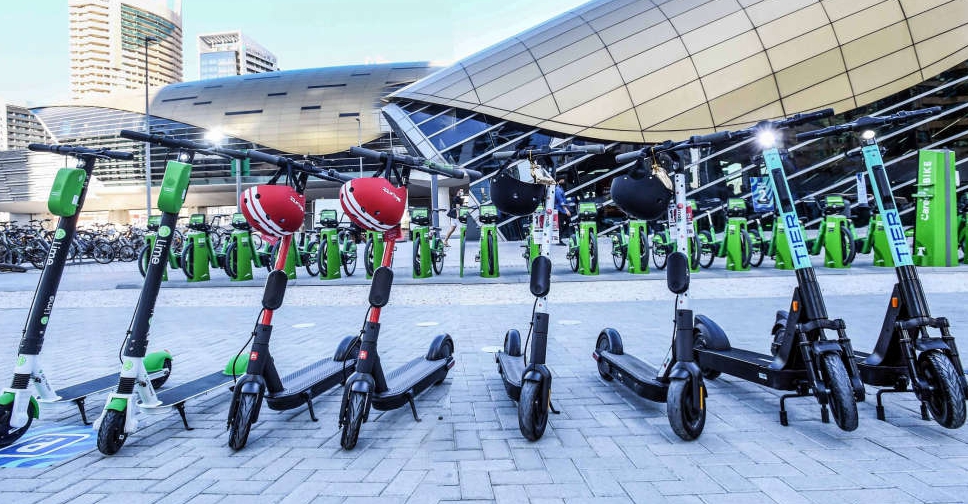
Shared electric scooters in Dubai logged nearly one million trips last year, which is double the number recorded in 2021.
According to the Roads and Transport Authority (RTA), more than 557,000 riders used the service in 2022, and the satisfaction rate hit 76 per cent.
The authority also revealed that it issued 50,000 e-scooter riding permits through its online platform, which was launched in April 2022.
Shared E-scooters in #Dubai made about one million trips in 2022, and in the process, they doubled the number recorded in 2021, which amounted to 500,000 trips, all without sustaining fatalities or severe injuries.https://t.co/6pqh6VIL3f pic.twitter.com/Dr3FzwZjoa
— RTA (@rta_dubai) March 15, 2023
The initial phase of constructing e-scooter tracks covered Sheikh Mohammed bin Rashid Boulevard, Jumeirah Lakes Towers, Dubai Internet City, Al Rigga, 2nd of December Street, Palm Jumeirah, and City Walk.
It also covered specific zones in Al Qusais, Al Mankhool, in addition to dedicated tracks for bikes and e-scooters across Dubai, excluding the cycling tracks at Saih Assalam, Al Qudra, and Meydan.
From the first quarter of 2023, the RTA permitted the use of e-scooters in 11 new residential areas in the emirate, taking the total number of locations covered to 21, and the length of tracks increasing from 185 km to 390 km.
The new areas where the use of e-scooters is permitted are Al Tawar 1, Al Tawar 2, Umm Suqeim 3, Al Garhoud, Muhaisnah 3, Umm Hurair 1, Al Safa 2, Al Barsha South 2, Al Barsha 3, Al Quoz 4, and Al Qusais 3.




 Over 7,300 tonnes of UAE humanitarian aid arrives in Gaza
Over 7,300 tonnes of UAE humanitarian aid arrives in Gaza
 UAE President gifts H.H. Sheikh Mohammed photo album celebrating shared journey
UAE President gifts H.H. Sheikh Mohammed photo album celebrating shared journey
 UAE condemns terrorist bombing targeting Pakistani police forces
UAE condemns terrorist bombing targeting Pakistani police forces
 UAE welcomes US designation of Muslim Brotherhood branches as 'terrorists'
UAE welcomes US designation of Muslim Brotherhood branches as 'terrorists'
